The World Bank in conjunction with Uniandes developed this project in order to carry out the seismic risk assessment of the educational infrastructure of Peru at the national level, with the purpose of establishing a prioritization of the required interventions and optimizing future investments in seismic risk reduction in this sector. To achieve an accurate risk estimation, it was necessary to complement the information of the seismic hazard by considering in a simplified way the site effects generated by the expected geotechnical conditions of the country’s different soil types. Additionally, the exposure database built on the information from the Educational Infrastructure Census (CIE) was refined, by contemplating available photographs and the results of different field inspections. The classification of structural typologies was improved in order to acknowledge their vulnerability and the possible intervention measures. The integration of the previous components led to the probabilistic seismic risk analysis, which was used together with the definition of the available budget to propose an intervention strategy. This strategy is aimed at achieving an effective reduction of the seismic risk of the educational infrastructure in the country, and includes a methodology of prioritization by school that considers the main decision variables proposed by the Ministry of Education. The activities carried out throughout the project generated the technical knowledge needed to achieve a better planning, efficiency and sustainability of the educational infrastructure.

